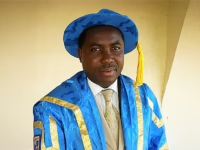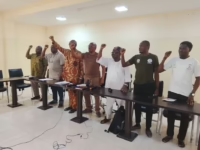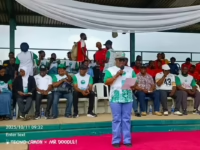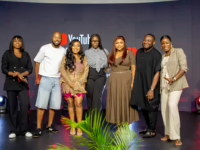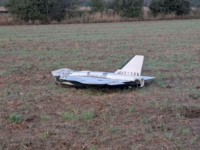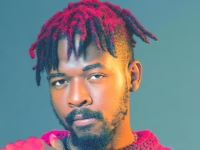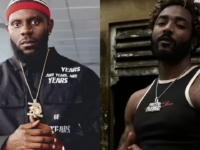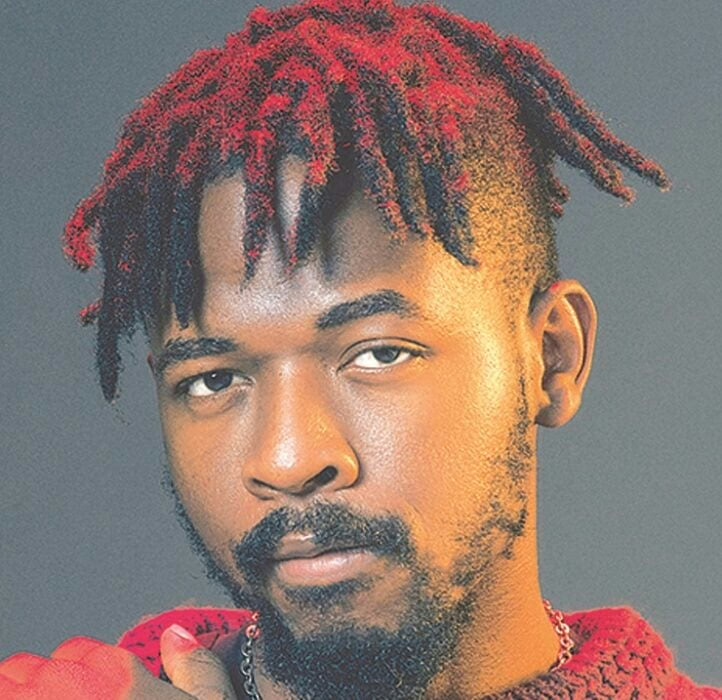Johnny Drille, the acclaimed Nigerian singer-songwriter, recently shared insights into his nuanced connection with the church and how his musical journey has transcended the conventional Christian music scene that influenced his early development.
During an appearance on the CreativiTEA Podcast, the voice behind “How Are You (My Friend)” expressed that although his devotion to God remains steadfast, his artistic style has never quite aligned with the typical church environment.
“I have a deep love for God and stay actively involved in church activities. However, my music has never fully belonged within the church setting. Occasionally, I’m invited to perform at churches, which is always an interesting experience,” Drille shared.
As an artist signed to Mavin Records, he acknowledged that while he sometimes performs in church venues, his sound has occasionally faced criticism from some Christian listeners who feel it diverges from traditional gospel expectations.
“There have been moments when members of the Christian community have pushed back when I perform in church spaces,” he confessed.
“Nonetheless, my music carries a positive message. It addresses uplifting themes that the church often hesitates to explore openly.”
Known for his heartfelt narratives and romantic themes, Johnny Drille pointed out that the church frequently avoids candid discussions about love-topics he believes should be embraced more openly in faith-inspired music.
“The church tends to shy away from conversations about love. For instance, at many Christian weddings, you might hear secular artists like Burna Boy or Tiwa Savage. Imagine if the church encouraged the creation and performance of its own Christian love songs,” he proposed.
Looking back on his early days as a church choir director, Drille emphasized how that role was crucial in molding his musical identity, even if his creative expression didn’t fit the standard worship music template.
“Worship music certainly has its place, but there’s a vast array of topics the church could be celebrating through song,” he remarked.
“Personally, I didn’t feel my music belonged in the church at that time. I was directing the choir rather than leading worship vocally, but that experience was fundamental in shaping the musician I am today.”




